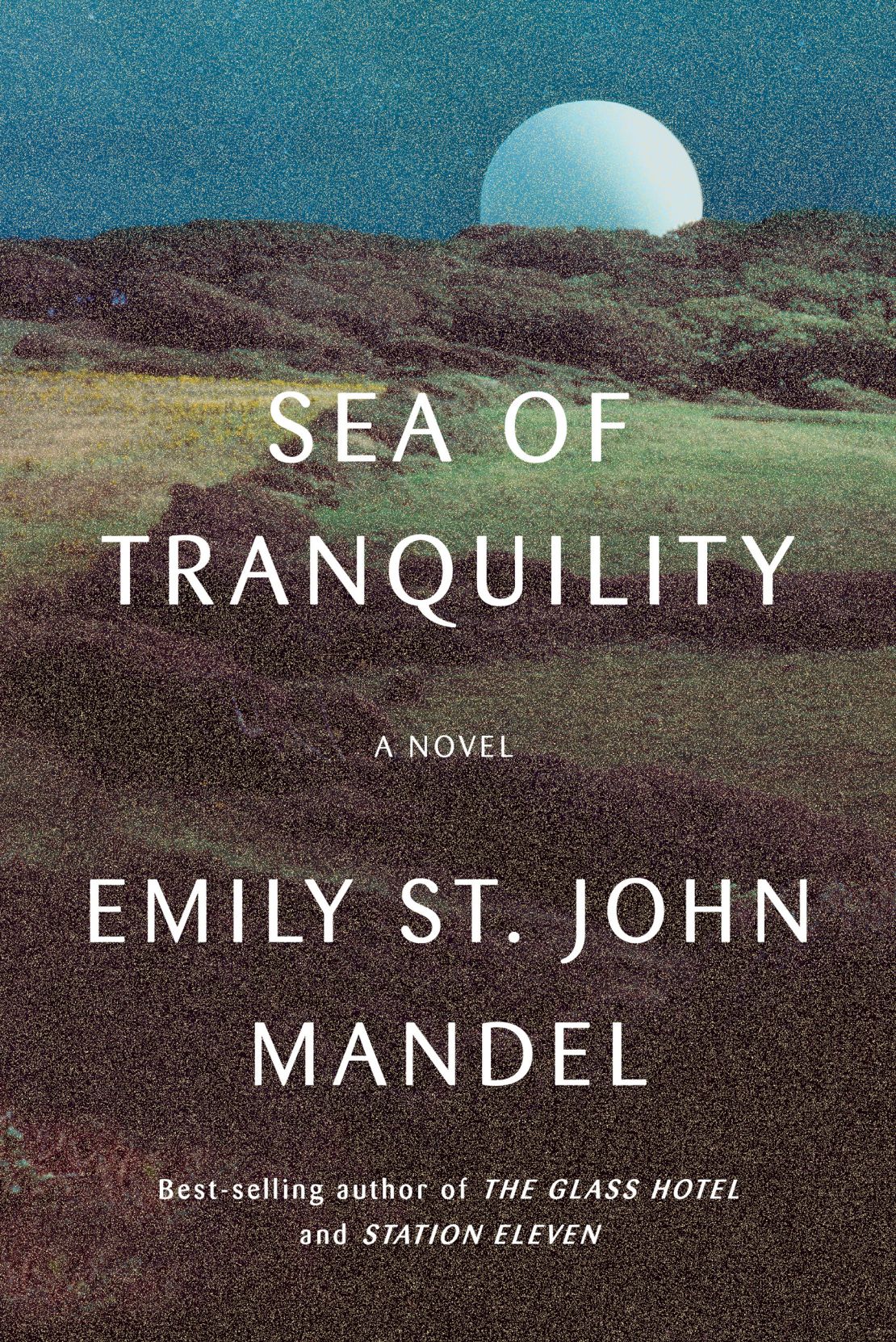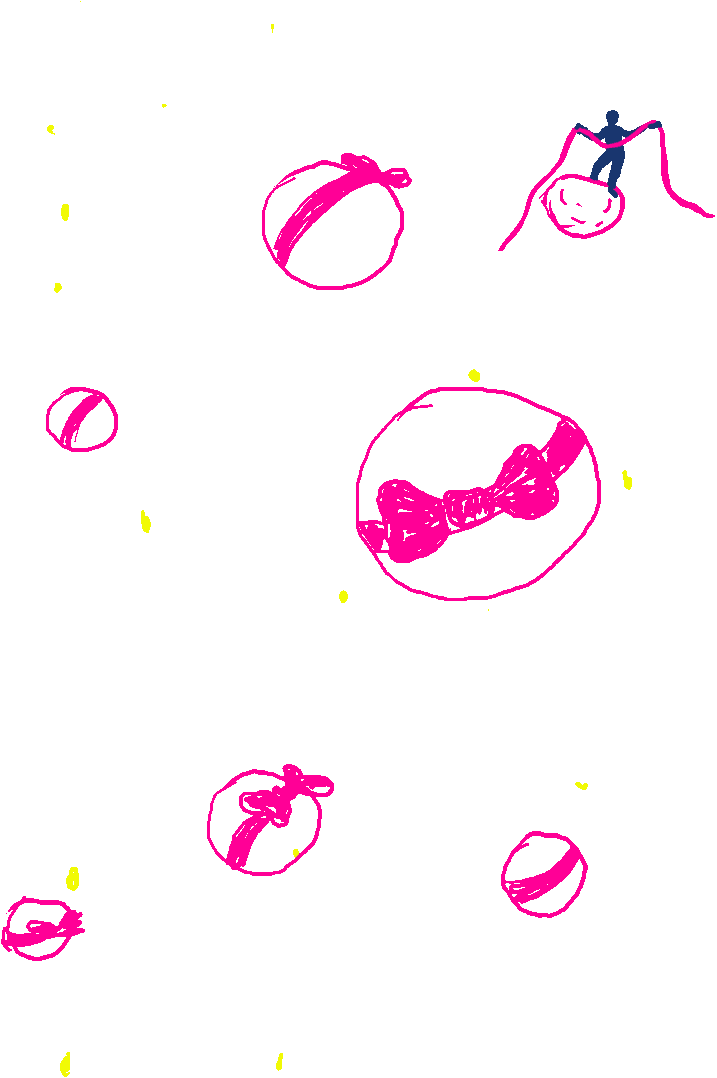Fans of Marvel movies love that the franchise encompasses a multiverse where well-known characters such as Captain America, Spiderman and Doctor Strange can shift identities and destinies depending on which storylines they inhabit. In her latest work, science fiction author Emily St. John Mandel – of “Station Eleven” (2014) fame – builds on a similar approach.
“The Sea of Tranquility” offers a multiverse in which characters from “The Glass Hotel” (2020) reappear and are given new storylines. Mandel did something similar in “The Glass Hotel” with Miranda and Leon from “Station Eleven,” the dystopian novel that was recently turned into a miniseries on HBO Max.
“It’s just fun to create a multiverse,” Mandel said in a phone interview. “(My characters) feel like they’re part of some greater, overarching story.”

Spanning six centuries – from 1912 to 2401 – “The Sea of Tranquility” starts right before World War I and ends up at a human colony on the moon. When Mandel sat down to write the novel, it was the early days of the Covid-19 pandemic. She was in lockdown in her apartment in New York with her husband and her daughter, and everywhere on Earth seemed too close.
“My immediate instinct was to set (the story) really far away,” she said. “So, I set it on the moon.”
Real or simulation?
All of the characters, including Edwin St. John St. Andrew, a 20th-century minor aristocrat who travels by rail across Canada; Olive Llewellyn, a 23rd-century author who Mandel admits is based on herself; and Gaspery-Jacques, a time traveler from a 25th-century colony on the moon, are bound together by a single anomaly that rips through the fabric of space and time, and punctures ordinary notions of reality. Disorienting in nature, the anomaly acts as a sort of tunnel that allows characters across centuries to experience one another’s environments.
At the core of the novel is the question of whether the multiverse Mandel has created is “real,” or if it is a computer simulation being run by some unknown overlord, human or otherwise. Simulation hypotheses – like the one famously explored in “The Matrix” films – have become increasingly popular in recent years (both Elon Musk and Neil Degrasse Tyson have said the theory as plausible), and they are used by certain scientists and philosophers to explain things about our universe that appear inexplicable. In “The Sea of Tranquility,” a simulation hypothesis is offered as an explanation for future humans’ ability to time travel, a feat that is almost mind-blowing in its physical implications.
Mandel first discovered simulation theory while she was procrastinating on the internet, and she said she was struck by its similarity to the way we write history. For example, as she was writing “The Sea of Tranquility,” protests were breaking out across the United States that questioned long-held assumptions – such as, that all people are treated equally in American society. In both history and simulations, Mandel said, we’re living inside of a construct.
Apocalypse now
Pandemics play an important role in “Sea of Tranquility,” as they did in earlier novels by Mandel. Almost all the characters weather them: Edwin St. John St. Andrew experiences the 1918 Spanish flu pandemic and Olive Llewellyn, who grew up on the moon colonies, travels across Earth, giving interviews to journalists about her own pandemic novel as a form of SARS slowly erupts into a full-blown catastrophe.
In a lecture, Olive delivers words that Mandel herself has said many times in a talk she gives on the popularity of post-apocalyptic literature, of which “Station Eleven” is a prime example: “I think, as a species, we have a desire to believe that we’re living at the climax of the story.”
In truth, Mandel said, the apocalypse is always now, one of the true constants of human history, whether simulated or not. “I believe that the world is always ending, or maybe a better way to put it is that a world is always ending,” she said. “And that means that a new world is always kind of silently shifting into place around us.”
Pointing to a turn of phrase first written by the author Arundhati Roy in an editorial for the Financial Times, Mandel noted, “a pandemic is a portal.” For example, the Covid-19 pandemic has permanently changed the workplace and transitioned many office jobs into the home. “That’s a pretty profound difference in quality of life for a lot of people, and it just happened,” Mandel said. In the period of two years, humans time traveled into a previously unimaginable future. A new world, Mandel says, visibly settled around us.
The new world
As an author of speculative fiction, Mandel is tasked with filtering out what will survive from our present moment – in “The Sea of Tranquility,” her novel travels as far in the future as we are currently away from the Renaissance. Nothing we think is important will likely last that far in the future, and if we were to travel there, people we talked to would struggle to understand us even if we spoke the same language.
Like a paperback novel placed on a high shelf during a flood, “we like to think that the things that survive are the heartbreaking works of staggering genius,” Mandel said.
In “The Sea of Tranquility,” Mandel insists that other, more insidious parts of culture survive as well, such as the sexism that successful mothers face when they temporarily prioritize their careers over their families. In a taxicab in the year 2203, for example, Olive Llewellyn is asked why, if she has a daughter at home on the moon, she is on a book tour on Earth. “F–k you, I know you would never ask a man that question,” Olive thinks to herself.
“The more hopeful part of me would say, well, now this is fiction, like of course, it’ll be different (in 200 years),” Mandel said. “But why isn’t it different now?”
Ultimately, despite the challenges we face, including future pandemics and climate change, Mandel believes that humans will persist into the future. “There will still be people, and they will still be living some kind of life,” she said. Even if the aliens running our simulation pull the plug, our stories will remain.
“There’s always a new world appearing,” she said. “And there is a lot of hope in that.”
“Sea of Tranquility,” published by Knopf, is available now.
Add to queue: Sweet speculation
If you’re ready to explore more brave new worlds, Mandel recommended these five works of speculative fiction:
Read: The Southern Reach trilogy (2014)
Three books by Jeff VanderMeer feature a secret agency trying to figure out what is inside of “Area X,” an abandoned section of the United States that is inhabited by something extraterrestrial.
Read: “How to Live Safely in a Science Fictional Universe” (2010)
Charles Yu’s book explores a universe where characters try to change history by traveling to different places via time machines.
Read: “Zone One” (2011)
Colson Whitehead’s novel takes place in Manhattan after a pandemic turns half of humankind into feral zombies.
Watch: “Looper” (2012)
In this science fiction film directed by Rian Johnson and starring Joseph Gordon-Levitt, Emily Blunt, Jeff Daniels and Bruce Willis, contract killers send victims back in time to get rid of them.
Watch: “Station Eleven” (2021)
The television series, created by Patrick Somerville, is based on Mandel’s novel and follows survivors of a fictional pandemic who are struggling to rebuild their lives. “I know, I’m biased,” Mandel said. “But I think the series is extraordinary and I had nothing to do with creating it, so feel it’s fair to add it to my list.”
Top image: Author Emily St. John Mandel.




